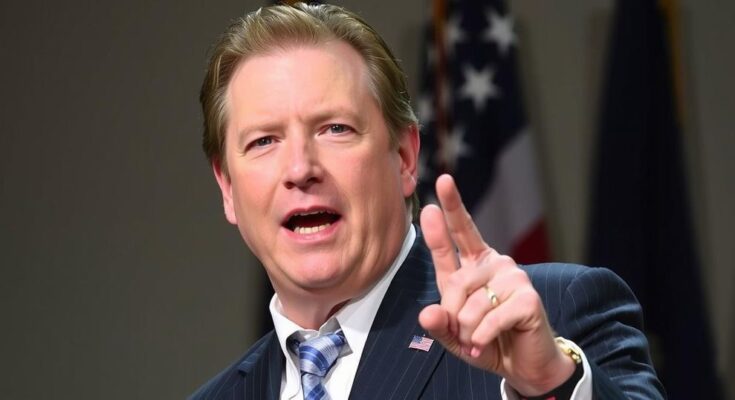The German government has accused Elon Musk of attempting to influence the upcoming federal elections by endorsing the far-right AfD party. His recent social media posts and opinion pieces promoting the AfD have sparked outrage among politicians, raising concerns about foreign interference in Germany’s democratic processes. The backlash reflects broader apprehensions regarding the implications of external political endorsements in domestic elections.
The German government has formally accused Elon Musk of attempting to influence the nation’s electoral landscape ahead of its federal elections. Government spokesperson Christiane Hoffmann asserted that Musk’s extensive endorsements of the right-wing Alternative für Deutschland (AfD) party signify a deliberate effort to sway public opinion. While acknowledging Musk’s right to express opinions, Hoffmann noted, “freedom of opinion also covers the greatest nonsense.” The controversy escalated following Musk’s social media posts urging voters to support the AfD, which is labeled a suspected extremist entity by federal authorities.
Musk’s involvement in German politics is not new; he previously referred to Chancellor Olaf Scholz as a “fool”. However, his latest remarks advocating for the AfD have been met with widespread criticism, igniting concerns about foreign interference in German democracy. In a recent post, Musk proclaimed: “Only the AfD can save Germany,” sharing a video produced by right-wing influencer Naomi Seibt that disparaged conservative candidate Friedrich Merz while praising Argentina’s president.
Following this, Musk provided his insights in an opinion piece published in Welt am Sonntag, highlighting fears of Germany’s economic and cultural degradation, while defending the AfD against radicalism accusations. This editorial prompted a backlash, leading the opinion section editor, Eva Marie Kogel, to resign in protest. Political leaders across the spectrum condemned Musk’s actions, with several dubbing them as intrusive and damaging to democratic norms.
As Germany prepares for a general election, the rise of the Alternative für Deutschland (AfD) party has become a focal point of concern. This far-right party has garnered attention for its contentious views, particularly regarding anti-immigration and anti-Islam sentiments. The AfD’s increasing popularity, currently polling second in the election race, raises questions about coalition government dynamics. The German government’s reaction to Musk’s endorsements stresses the sensitivity surrounding foreign influence in domestic elections, reflecting broader concerns within European politics.
In summary, the German government’s accusations against Elon Musk highlight the complex interplay between social media influence and democratic processes. Musk’s endorsements of the AfD, especially amidst Germany’s impending elections, have ignited discussions on the integrity and autonomy of political campaigns. The overwhelming response from German politicians underscores a commitment to preserving the democratic framework in the face of external pressures. As the election approaches, it remains to be seen how these developments will shape the political landscape.
Original Source: www.theguardian.com




